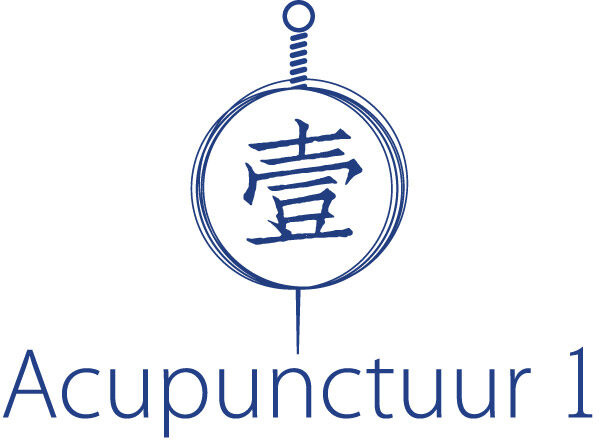Allergies
In Traditional Chinese Medicine (TCM), allergies are generally seen as an imbalance in the body’s Qi (vital energy), organ systems, and defensive mechanisms. TCM does not view allergies as a singular condition but rather as a symptom of an underlying disharmony in the body.
There several patterns according to TCM theory:
1. Weak Wei Qi (Defensive Qi) and Lung Deficiency
Wei Qi is the body’s protective energy, similar to the immune system in Western medicine. It is governed by the Lung system, which controls the skin, respiratory system, and external defenses. When the Lung Qi is weak, external pathogenic factors (like wind, cold, dampness, or heat) can easily invade, leading to allergy symptoms such as sneezing, runny nose, and skin rashes.
2. Wind as a Key Pathogen
In TCM, allergies—especially seasonal ones—are often attributed to Wind. Wind is considered a “carrier” of other pathogenic factors like cold, heat, or dampness.
• Wind-Cold Type: Symptoms include sneezing, clear nasal discharge, chills, and an aversion to cold.
• Wind-Heat Type: Symptoms include itchy throat, red itchy eyes, yellow nasal discharge, and warm sensations.
• Wind-Damp Type: Symptoms include heavy-headedness, sinus congestion, and excess mucus production.
3. Spleen Qi Deficiency and Dampness
The Spleen in TCM is responsible for transforming and transporting nutrients and fluids. A weak Spleen can lead to dampness accumulation, causing conditions like chronic congestion, phlegm, and sinus issues. People with food allergies often have underlying Spleen Qi deficiency, which leads to poor digestion and excessive mucus production.
4. Liver Qi Stagnation and Heat
The Liver is responsible for the smooth flow of Qi and emotions. Emotional stress and Liver Qi stagnation can generate internal Heat, which may flare up and contribute to inflammatory allergic reactions like hives, eczema, and asthma. Allergies that worsen with stress often indicate Liver involvement.
5. Kidney Deficiency and Chronic Allergies
The Kidneys store Jing (Essence) and support the Lung’s ability to grasp Qi. Chronic allergies, asthma, and inherited allergies often stem from Kidney Qi or Yang deficiency, leading to deep-seated immune weakness and poor adaptability to environmental changes.
Treatment Approaches in TCM
TCM treatment aims to strengthen the body’s resistance and restore balance, rather than just suppressing symptoms. Common methods include:
• Herbal Medicine
• Acupuncture: Strengthens the Lung, Spleen, and Kidney systems to regulate immune response.
• Dietary Therapy: Avoiding damp-producing foods (like dairy, sugar, and greasy foods) while incorporating warm, easy-to-digest foods to strengthen the Spleen.
• Lifestyle Adjustments: Qi Gong, Tai Chi, and stress management to regulate Liver Qi and overall balance.
In TCM, allergies are not just external irritations but signs of internal imbalances. By strengthening Qi, regulating organ systems, and addressing underlying deficiencies, TCM aims to provide long-term relief and prevention.
